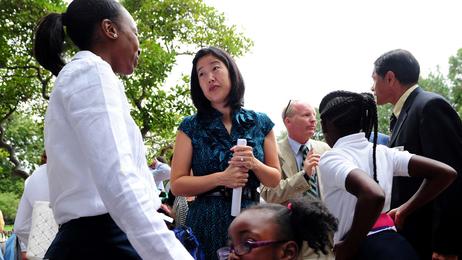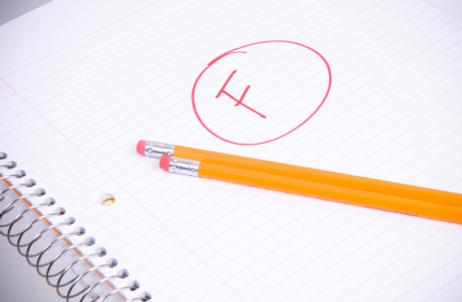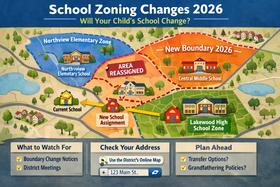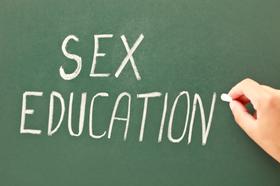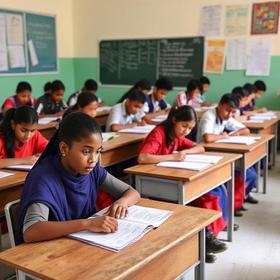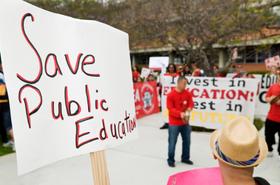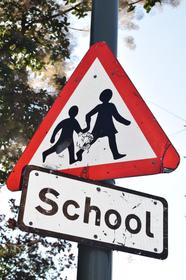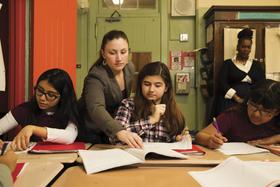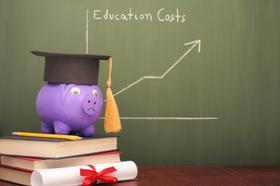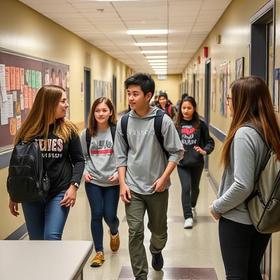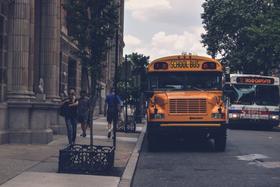Michelle Rhee is a controversial figure, to be sure. During her brief tenure as chancellor of Washington D.C. schools, Rhee managed to ruffle more than a few feathers. She also developed a loyal fan base that has followed her to her latest project, StudentsFirst, a non-profit committed to education reform. Since her exit from Washington schools, some questions remain about whether Rhee's approach to education reform really does put students first. Case in point: there are recent questions in an in-depth report by USA Today about a high number of changed answers on standardized tests in some Washington schools.
This video reports on Michelle Rhee's tenure as Chancellor of the D.C. public schools.
Details of the Report
An investigation by USA Today exercised D.C.'s Freedom of Information Act to obtain data that documented test scores for one of Washington's schools for the past three years. Crosby S. Noyes Education Campus was considered a "shining star" by Washington's public school officials after the school was able to raise standardized test scores by record-breaking numbers. In 2006, only 10 percent of Noyes students scored "proficient" or "advanced" in math. Just two years later, as many as 58 percent scored that high, and reading scores shot up as well.
Michelle Rhee was particularly interested in Noyes, and she used the school as an example of how she implemented changes that could transform struggling schools

